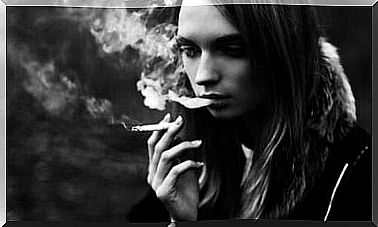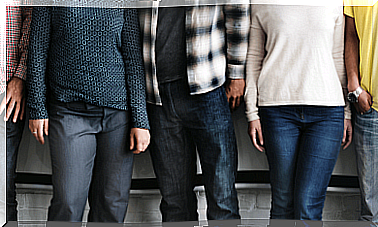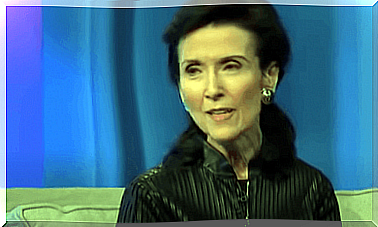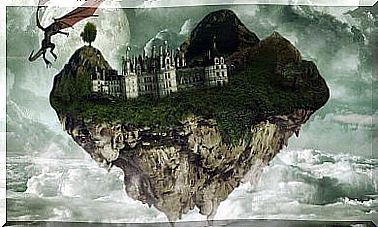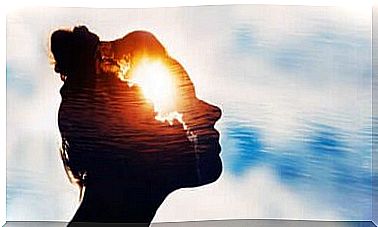The Opposite Of Depression Is Not Happiness

The opposite of depression is not happiness, but vitality. Because depressive disorder is not simply synonymous with sadness. When we feel sad we can still have the desire to live, create, express ourselves. Depression, on the other hand, blurs any sense, desire or hope.
The idea of the lack of vitality was first expressed by the writer and professor of psychology at Columbia University Andrew Solomon in his well-known book The Noon Demon. Depression: history, science, treatments. In the work he refers to his personal experience with this pathological disorder, including the testimony of many people affected by years of depression.
The book and the stories of those who struggle daily with this problem teach us to face this condition in all its forms. It takes away all strength to live, it is the silent lament of those who feel they have nothing left, of those who no longer find meaning in things and feel trapped in a body and a mind devoid of impulses or energy.
Thinking of depression as monolithic is wrong. This is not a cold that can be treated with antibiotics. People facing depression need not feel reassured or laugh, because their illness is not sadness.
It needs an accurate diagnosis, multidisciplinary therapeutic treatment and greater social awareness.
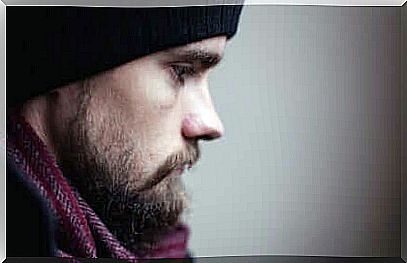
The opposite of depression is neither cheerfulness nor love nor happiness
We have an almost innate tendency to categorize everything around us. We often do this in absolute terms. For example: if we are not happy, we are sad; if we are not calm, we are anxious or worried; the opposite of depression is obviously happiness.
This approach, besides being totally wrong, is not at all helpful, especially in the case of emotional and psychological disorders, which affect a very complex personal universe.
William Styron, a well-known American writer, has given us an exceptional book called A transparent darkness (1990) in which he analyzes the subject in detail. The author overcame a deep depression when he was sixty.
He defines illness as a gray rain that covered anything his gaze fell upon. He felt the presence of death at his side, he had the sensation that a part of his body was broken; but he didn’t know which one. He was convinced that his brain had somehow tricked his thoughts into acting against him. He was cold and hot at the same time, and he also felt a nerve-wracking and constant loneliness.
Reading Styron’s chaotic, but gory description, we can understand how multifaceted depression is; a reality full of crossroads, meanders and depths, impossible to define as simple sadness.
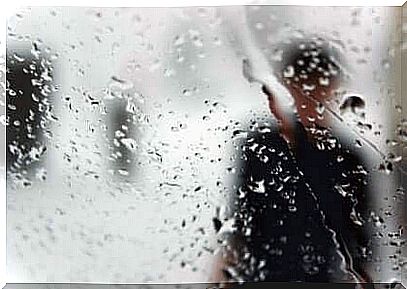
Prozac and the vain pursuit of happiness
In 1988 there was a real revolution in the clinical and social field: with the arrival of the so-called SSRIs (selective serotonin reuptake inhibitors), and in particular with the introduction of fluoxetine (Prozac was its first trade name), things changed. For the first time, people started talking about their depression without fear.
Prozac went from pharmacy shelves to magazine covers in the blink of an eye, and eventually a culture of mental illness began to spread. Fluoxetine was in vogue, especially following the publication of Elizabeth Wurtzel ‘s book Prozac Nation in the 1990s.
At that moment, society began to see the drug as the solution to any pain, worry or despair. Prozac became a real happiness pill. And the opposite of depression once again became the pursuit of a complete and superior feeling that the drug seemed capable of delivering.
Well, antidepressants have a real and effective function. They act on the levels of serotonin generating greater well-being, but they do not give happiness. Indeed, in most cases they do not solve the problem at all.
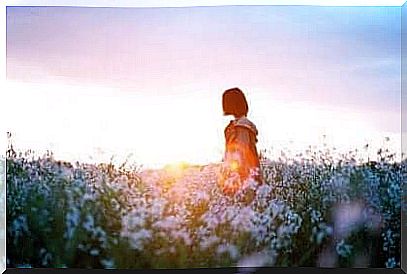
The opposite of depression is the desire for vitality
Depression is nothing more than a chemical imbalance. A disorder of the mind, brain, body … Dr. Alexander Glassman of Columbia University, remembers that it even affects cardiovascular health, to the point that those suffering from depression run a greater risk of suffering from heart disease.
The impact of depression is enormous and its anatomy is complex. But it is still a disorder that can be treated through the right therapy, changing one’s habits, one’s way of thinking, one’s intentions and the dialogue with oneself. The goal of the whole process is not to recover lost happiness nor to leave sadness behind.

